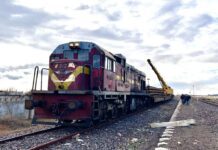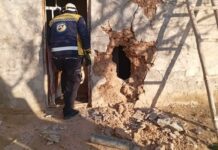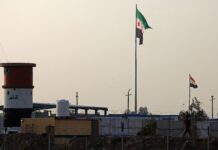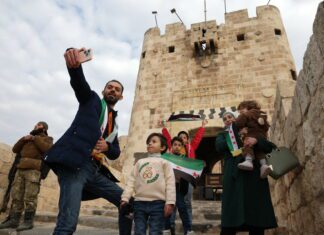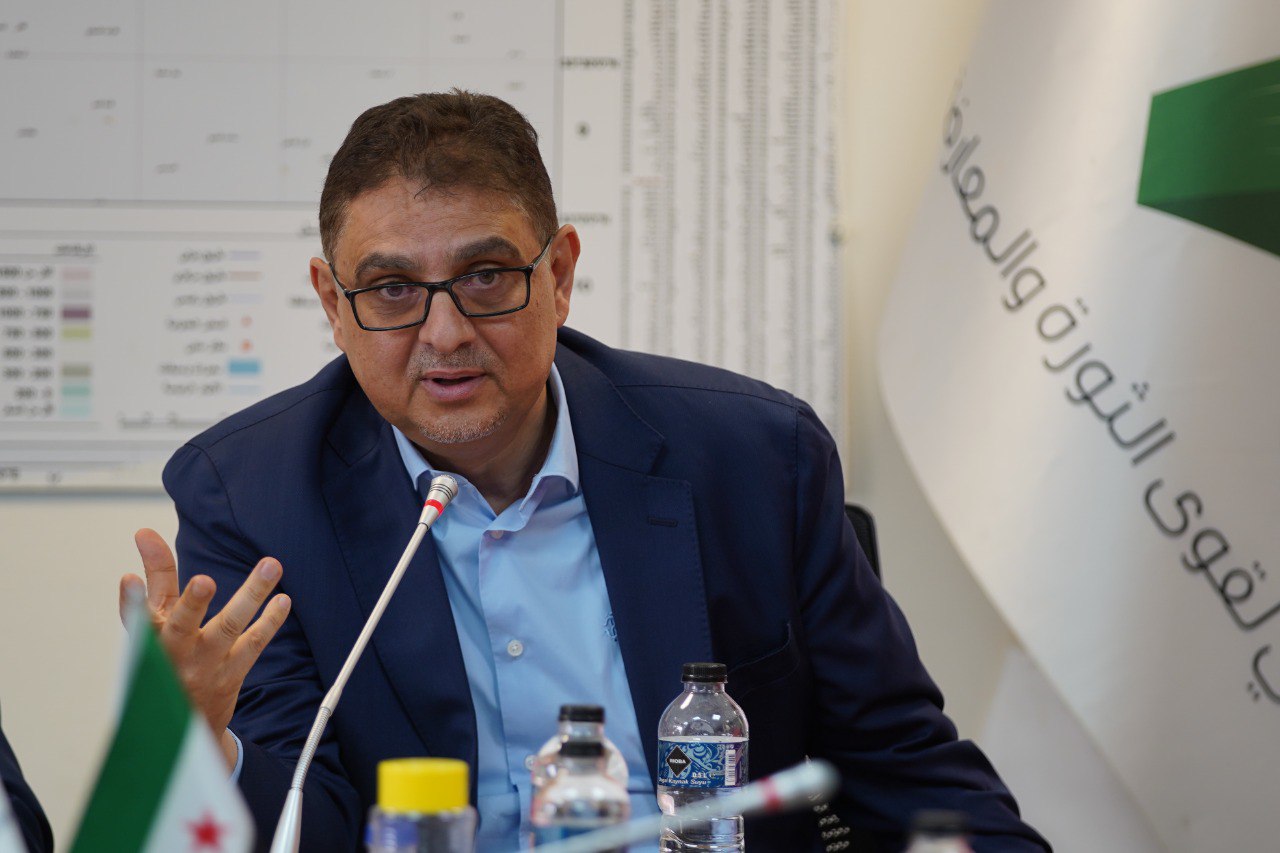
Three senior officials expressed their willingness to resign during a recent meeting held in Gaziantep, Turkey, a move reflecting growing internal tensions within the Syrian revolution. The meeting, aimed at addressing mounting political and military pressures, highlighted deep divisions over the leadership of the Syrian Salvation Government (SIG) and sparked calls for significant reforms.
According to Syria TV, three key figures; Hadi Al-Bahra, head of the Syrian National Coalition (SNC); Badr Jamous, head of the Negotiating Body; and Jihad Marei, head of the Tribes and Clans Council, placed their resignations on the table.
“The three officials said: ‘We have put our resignation on the table, and let us all resign,’” However, the head of the Syrian Interim Government (SIG), Abdurahman Mustafa, refused to step down, stating, “I will not put my resignation on the table, no matter what the cost.” This refusal drew criticism, with some accusing the SIG of adopting rhetoric similar to that of the Assad regime, including labeling protesters as “saboteurs.”
The political body of the SNC met soon after, focusing on protests in the Aleppo countryside and forming three investigative committees to examine the SIG’s activities. These committees are tasked with investigating SIG’s financial management, accusations made by Prime Minister Mustafa against the Levant Front, and allegations concerning a coalition member loyal to Mustafa who reportedly attacked fellow officials.
Protests against the SIG have escalated in the Aleppo countryside, with demonstrators calling for the ouster of Mustafa. Al-Ani noted that the growing unrest among revolutionary factions is pushing the coalition toward potentially convening an emergency meeting to discuss Mustafa’s dismissal.
The meeting in Gaziantep brought together key revolutionary groups, including the SNC, SIG, the Negotiating Body, the Council of Tribes and Clans, and the SNA. However, the discussions revealed serious divisions, particularly between political and military wings, namely the SIG and SNA. The Levant Front, a major faction within the national army, suspended cooperation with SIG following accusations from Mustafa during the meeting. The group also called on the coalition to withdraw its confidence from Mustafa’s government.
Last Friday in Al-Bab, protests that began peacefully quickly descended into violence after masked gunmen fired on military police patrols. The SIG issued a statement claiming the patrols were sent to protect demonstrators, condemning the gunmen’s actions as attempts to exploit unrest and incite conflict.

